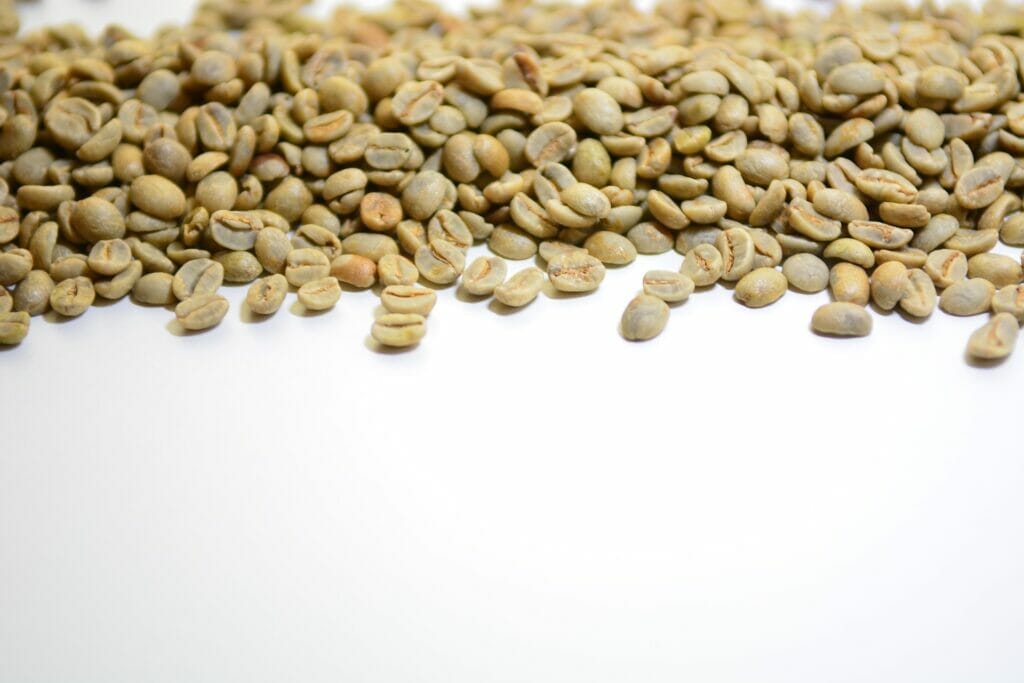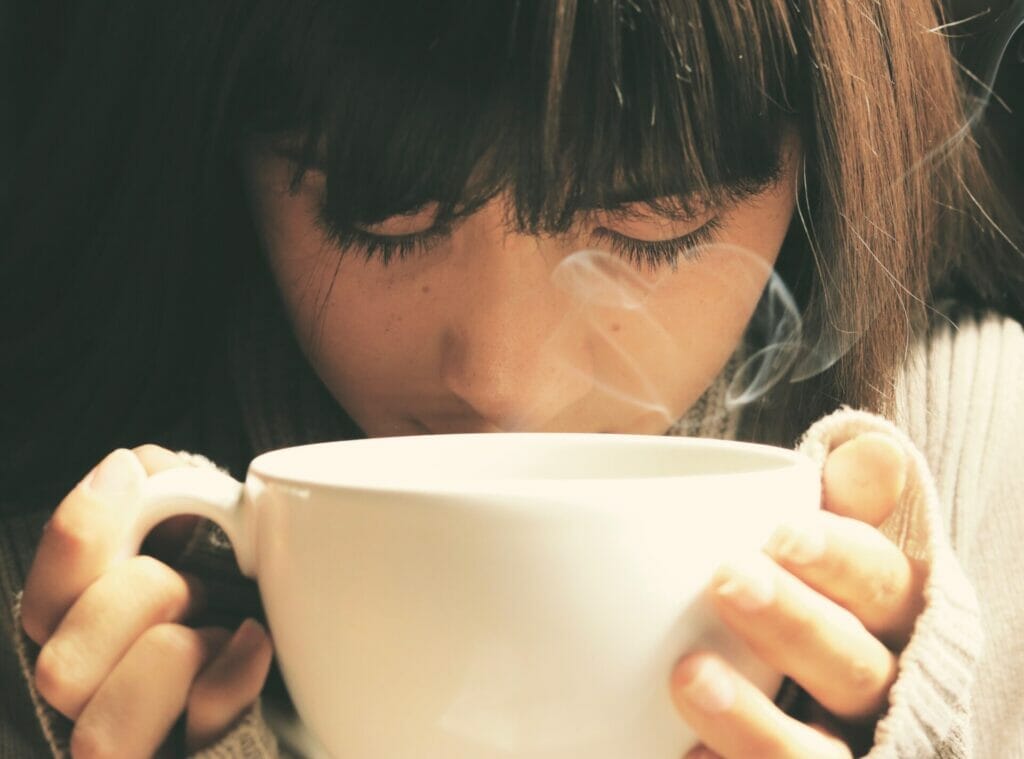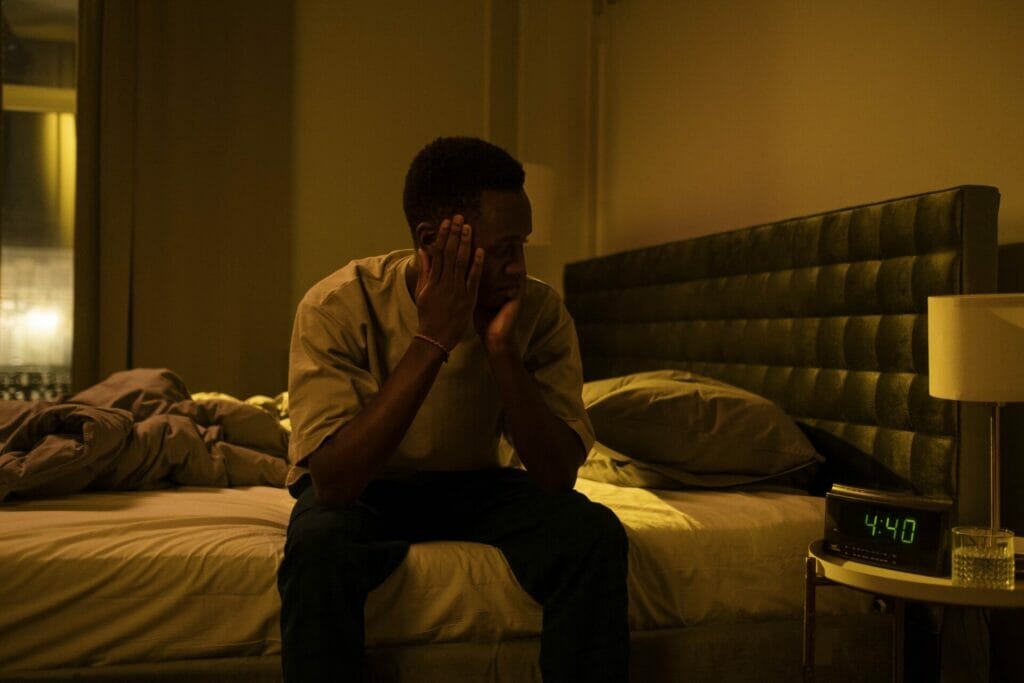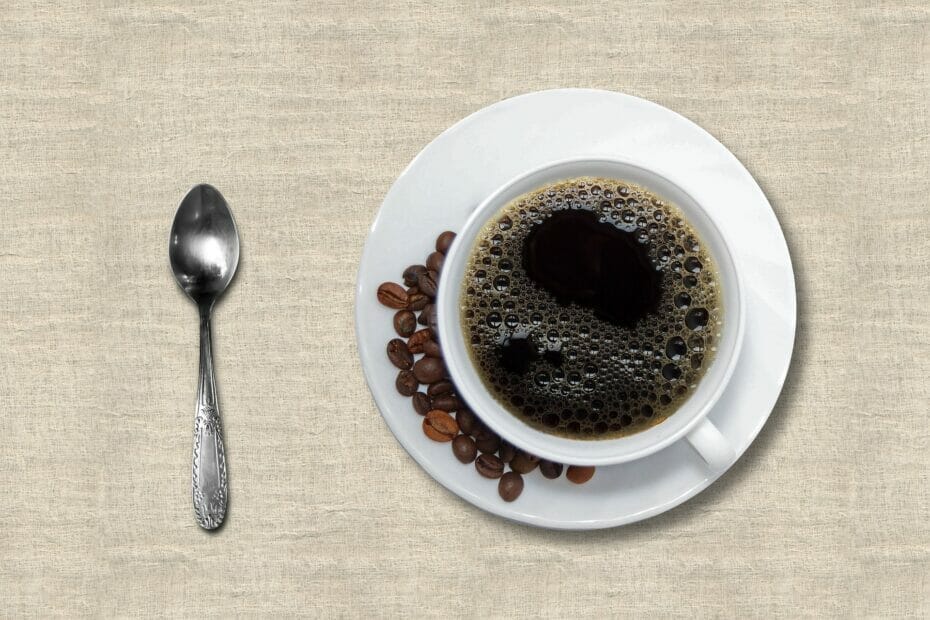Can Decaf Coffee Cause Anxiety? How About Hours Later?
Decaf coffee is widely thought to be a safe alternative if you want to enjoy the flavor and ritual of drinking coffee but do not experience any caffeine-related anxiety symptoms. Although decaf does contain a small amount of caffeine, it’s been found to be significantly lower than regular coffee, meaning it won’t cause the same jitters or other symptoms associated with caffeine consumption.
Can decaf coffee cause anxiety? The answer is yes, it can, but not in the traditional sense. Decaf coffee doesn’t contain a significant enough amount of caffeine to cause physiological side effects such as panic, anxiety, or shaking. However, other substances found in decaf – like increased acidity – can lead to experiences of anxiety-like symptoms.
Moreover, your own psychological associations and connections with decaf can also bring about feelings of anxiety. For example, if you’re feeling anxious about work and then drink decaf before it, you might subconsciously connect that feeling with the coffee even though it isn’t the actual cause of anxiety.
So while decaf might not cause the same level of anxiety that regular coffee can, we still recommend being mindful when consuming it and opting for simpler brewing methods such as French press or cold brewing when possible.

In short, decaf coffee may not induce physiological responses associated with heightened anxiety but its psychological associations can still affect how you feel if you are already in a vulnerable state.
How Is Decaf Coffee Produced?
Decaf coffee is made through a careful process that preserves the unique flavors of coffee while removing caffeine. The process starts with green coffee beans, which are first soaked in water or steam so they swell and absorb moisture.

From there, decaffeination extracts the caffeine in black decaf coffee from the beans using either water, organic solvents such as ethyl alcohol and methylene chloride, or a combination of both. Finally, when all of the caffeine has been extracted from the beans, roasting occurs—the same way it does for regular coffee.
The result? The delicious cups of decaf coffee that’s not only low on caffeine but rich in flavor! Thanks to the carefully designed decaffeination process, coffee drinkers can now enjoy their favorite brew without any of the usual effects of caffeine from coffee beans.
So if you want to sip on a great-tasting cup of java without worrying about the anxiety caused by too much caffeine consumption, then decaf coffee might be just what you need.
Producing decaf coffee involves a complex, multi-step process. The most efficient method for extracting caffeine is CO2, though this also poses the greatest health risks when operating.
After the caffeine has been removed, the beans are dried to retain their natural moisture before being roasted and ground in the same manner as regular caffeinated coffee beans.
Decaffeinated cups of coffee can still contain some caffeine – the exact amount will depend on which type of beans are used and which extraction method is employed – but it’s way less than regular coffee intake; typically between 0.05% and 5%.
According to European regulations, roasted decaf coffee beans must have a caffeine content of 0.1% or less, while instant decaf must contain no more than 0.3%. This implies that the decaffeination process reduces the caffeine level of beans by 97-99.9%.
Decaffeinated coffee still contains 1-7 mg of caffeine per cup, so those who are caffeine sensitive can still have adverse reactions, as opposed to regular coffee which has 70-140 mg per cup.
Is Decaf Coffee Beneficial For Anxiety?
Drinking decaf coffee may actually be beneficial for reducing anxiety. While it is true that caffeine intake can trigger symptoms of anxiety, decaf coffee contains so little of it that it isn’t enough to cause any serious problems. Even if you consume around ten times as much decaf as a regular cup of coffee, the effects will still be minimal.
The real issue may lie in the psychological implications of drinking decaf. Some people might associate the smell or taste of coffee with other factors (like going to work or a stressful situation) that can easily induce anxiety even without the presence of caffeine.

Of course, it’s important to be aware that certain medications may also react badly with any amount of caffeine per day, even if it is found in decaf. Make sure to find out if your medication has this harmful effect before pouring yourself a cup anytime soon!
However, despite this, decaf does offer some positive benefits for those suffering from anxiety or similar mental health issues. Decaf can provide many of the same benefits as regular cups of coffee such as better digestion, increased vitamin intake, and a pure taste that won’t promote irritability as high-caffeine drinks can.
It also eliminates the negative side effects associated with long-term coffee consumption: jitters and possible unfounded fears often brought on by too much caffeine.
While it’s true that decaf is still a stimulant and can bring its own unique set of potential side effects to some drinkers, such as insomnia and restlessness, overall it has been found to be beneficial for people with anxiety issues in moderate amounts.
Can Decaf Coffee Interfere With Your Sleep?
Although caffeine is eliminated from the body fairly quickly, the stimulant effects of decaf coffee can still interfere with your sleep, depending on when you drink it. Caffeine generally peaks in an hour and can remain in your system for four to six hours.
Consuming decaf coffee at 10 a.m. won’t interfere with your 12-hour sleep later in the day. However, if you drink decaf after dinner late in the evening then it could certainly have an impact on your sleep quality.

As such, it’s important to be mindful of when you’re consuming decaf coffee and make sure that it isn’t going to interfere with your restful slumber.
Decaf Coffee Health Benefits
Decaf coffee is often seen as the inferior option, but that doesn’t mean it can’t offer some health benefits. While there isn’t much evidence to prove that decaf coffee is directly linked to better health outcomes, research has suggested an association between drinking decaf and several potential benefits of decaf coffee.
Studies have suggested that drinking both regular and decaf coffee is associated with reduced risk of type 2 diabetes, liver function, and even premature death. With each cup providing a 7% reduction in diabetes risk, there’s certainly something worthwhile here!

Studies on decaf coffee’s health effects on liver function have been sparse. However, observational studies suggest that drinking decaf may have protective effects – something worth exploring further. Similarly, the link between drinking decaf coffee and lower rates of premature death is backed by scientific evidence – suggesting there’s more to this type of beverage than meets the eye.
Decaf Coffee isn’t just for those who love their morning cup of joe, but don’t want the buzz of caffeine – it also offers some amazing health benefits. Studies have found that decaf coffee may be helpful in reducing age-related mental decline and protecting against neurodegenerative diseases like Parkinson’s or Alzheimer’s.
In addition, the chlorogenic acid found in decaf coffee has been linked to a reduced risk of dementia and other neurodegenerative diseases. And if you’re struggling with heartburn or acid reflux, drinking decaf coffee instead of regular has been shown to significantly reduce symptoms.
In addition, chlorogenic acid in coffee is thought to help reduce symptoms of heartburn, plus those who regularly drink decaf may enjoy a 48% lower risk of rectal cancer than those who partake in regular coffee.
That alone makes decaf coffee an especially attractive option for many! Finally, since there’s no caffeine present in decaf coffee, some may notice fewer jolts associated with coffee consumption which can lead to a calmer state of mind and less anxiety.
